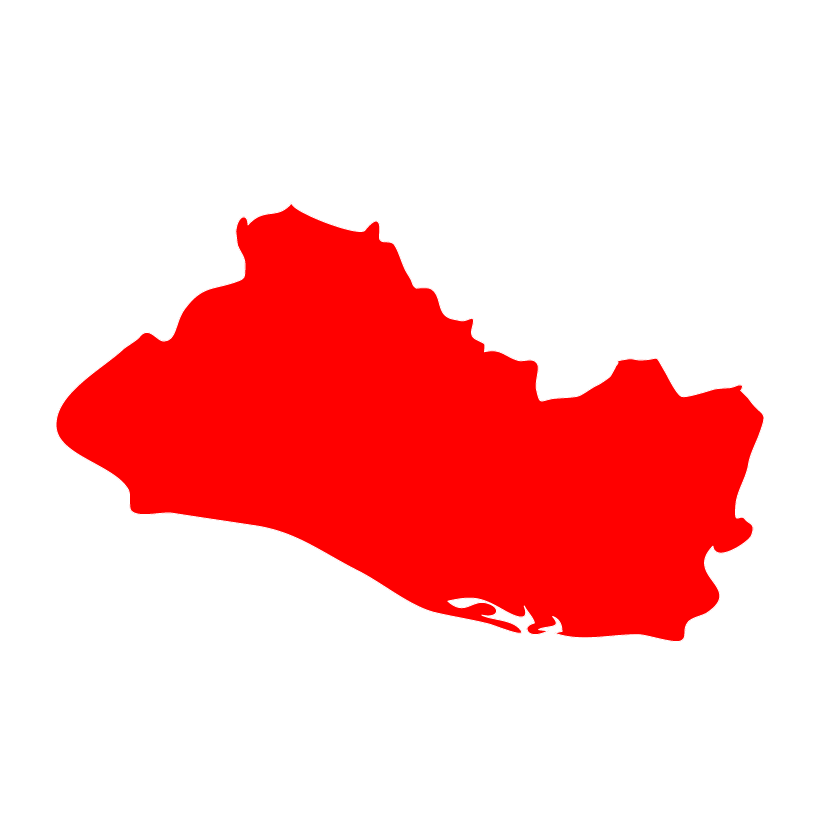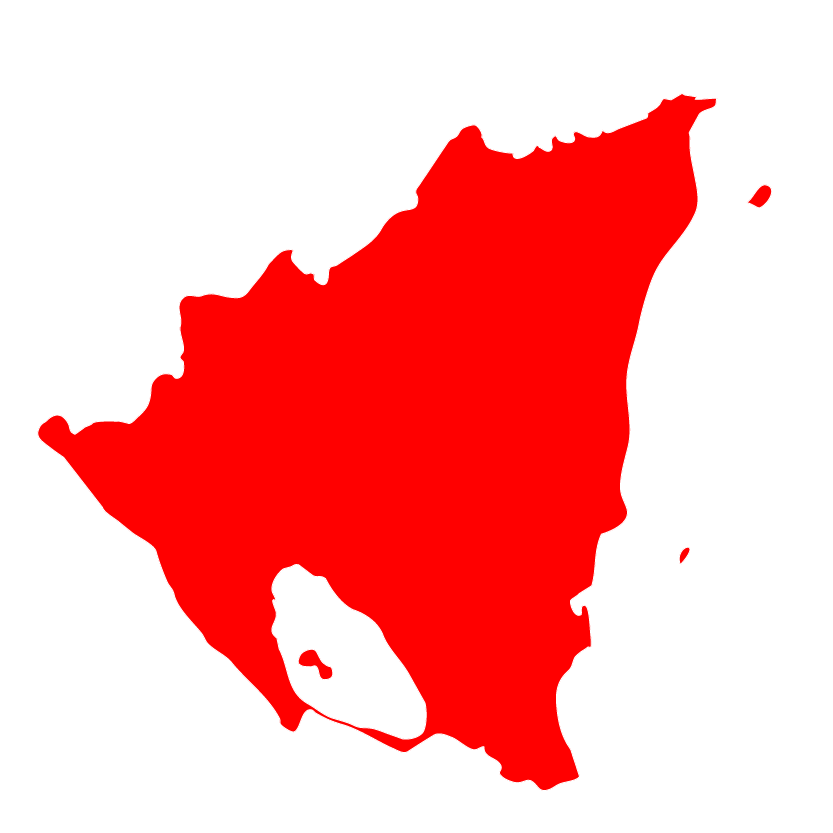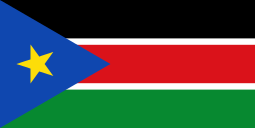After a good start of the 2018 rainy season in April, a reduction in the quantity and distribution of rains has been observed and is likely to impact basic grains crops in Central America´s Dry Corridor. Specific areas in Guatemala, El Salvador and Honduras have reported more than 25 days without rain, yields reduction and crop losses, particularly affecting subsistence farmers. Typically, there is little to no rainfall in August, which is called the canicula in Spanish. However, since the canicula arrived much earlier than usual this year, crops losses have been significantly higher in the affected areas due to the sustained drought conditions.
El Salvador’s Ministry of Agriculture and Livestock (MAG) confirmed that the drought has affected approximately 57,000 hectares of land, of which around 22,000 hectares of cropland has been destroyed, resulting in the loss of 2.7 million quintals of corn and USD$37 million in damages. The Salvadorian Chamber of Small and Medium Agricultural Producers (CAMPO) estimates that the corn crop losses to date are even higher at 4.1 million quintals and that they could surpass 6 million quintals if the drought continues since 2.3 million quintals are at risk. The drought has affected 77,322 agricultural households in El Salvador. The General Direction of Civil protection declared a red alert for 143 municipalities in the central and eastern parts of the country on 24 July 2018 to provide humanitarian assistance to the affected households.
The ACT Alliance El Salvador forum through its local members ALFALIT and Lutheran Synod are going to provide cash transfer to 250 households.







